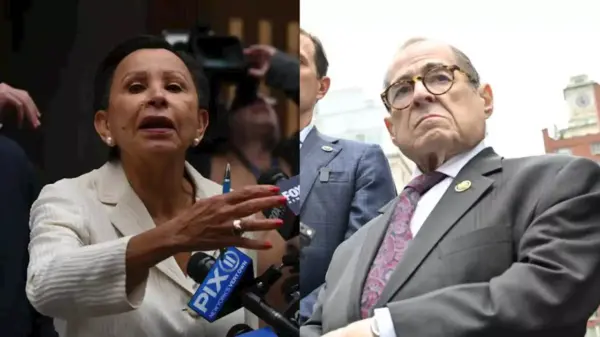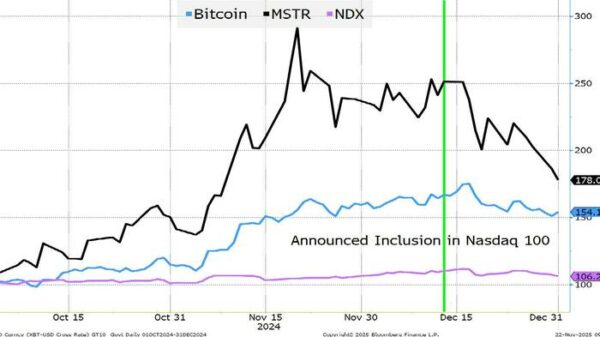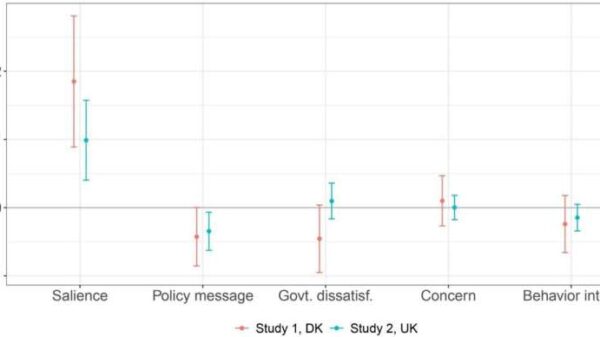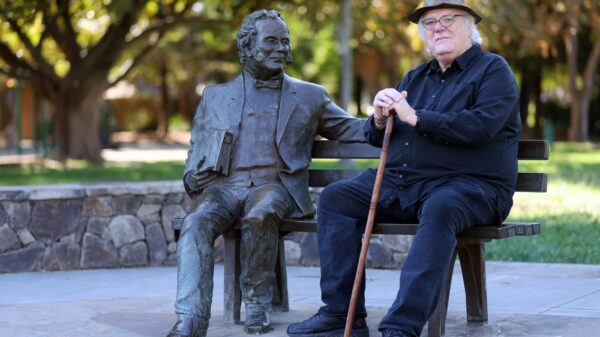UPDATE: Former Republican National Committee spokesman Tim Miller has condemned the Trump administration for distorting a song by country superstar Zach Bryan to mock him. This explosive revelation came during a segment on MSNBC on Tuesday, as Miller discussed the administration’s controversial use of Bryan’s music in a social media post.
Miller appeared on Deadline: White House with host Nicolle Wallace, where he criticized the administration for twisting Bryan’s song—a powerful anthem about redemption—into a narrative of “chaining people and vengeance.” The song, which critiques Immigration and Customs Enforcement (ICE) raids, features lyrics highlighting the struggles of everyday people: “But I got a telephone / Kids are all scared and all alone.”
The backlash against the Trump administration intensified when they played Bryan’s song “Revival” while referencing the harsh realities faced by immigrants. Miller labeled this act as “grotesque,” emphasizing the irony of using a song about second chances to promote a message of oppression. “Our country’s Department of Homeland Security,” he stated, “was trolling Zach Bryan for pushing back on this.”
Miller further noted the significance of Bryan’s voice in the cultural landscape, stating, “He’s singing in massive football stadiums… If he feels comfortable doing that, then Democrats should feel very comfortable talking about that too.” The emotional weight of Bryan’s lyrics resonates with many, reflecting a societal struggle against the backdrop of current immigration policies.
“This is a song that is about redemption and giving people a second chance,” Miller asserted. “And to twist it into a message of submission and violence is gross. People are not going to like it, and they are going to respond negatively to it.” His comments highlight the ongoing tensions surrounding immigration and the cultural narratives that shape public perception.
As the conversation surrounding Bryan’s song continues to gain traction, it underscores the larger conflict over immigration policy in America. Miller warns that the impact of Bryan’s message will resonate deeply with audiences across the political spectrum, igniting discussions about justice and compassion in the face of adversity.
The fallout from this incident is expected to escalate, with many anticipating greater pushback against the administration’s tactics. As more people engage with Bryan’s music and the themes it explores, this situation remains a developing story that could influence both cultural and political landscapes in the coming days.
Stay tuned as we bring you the latest updates on this unfolding story and its implications for the ongoing dialogue about immigration and human rights in the United States.




































































